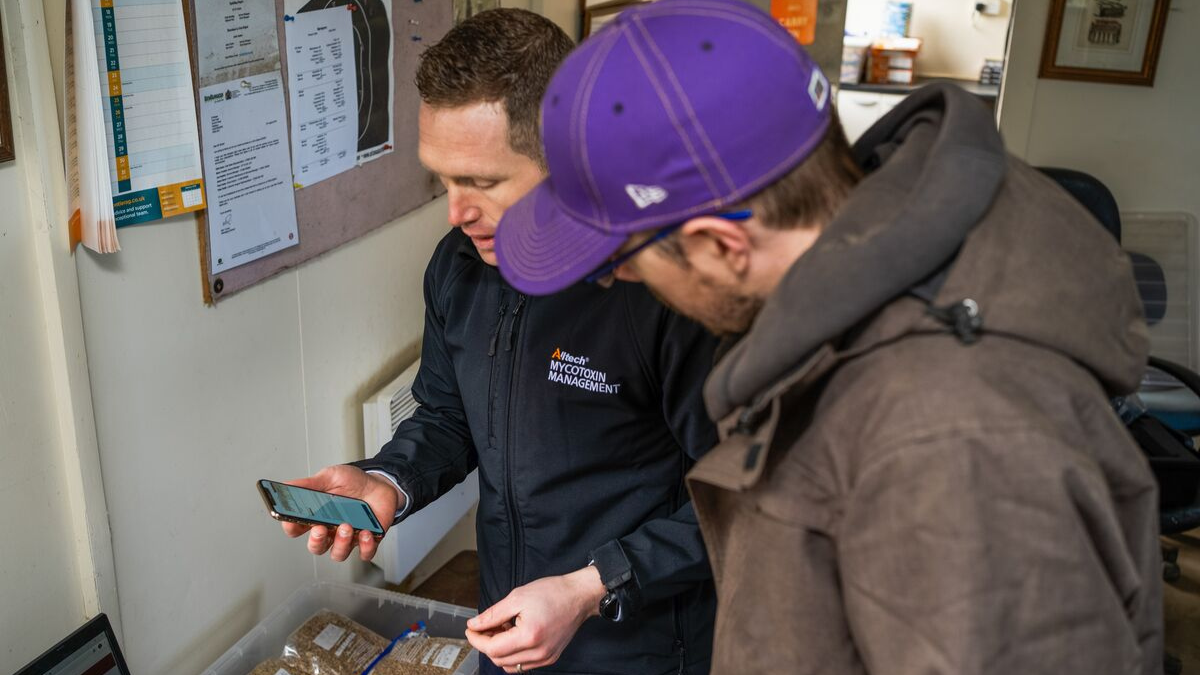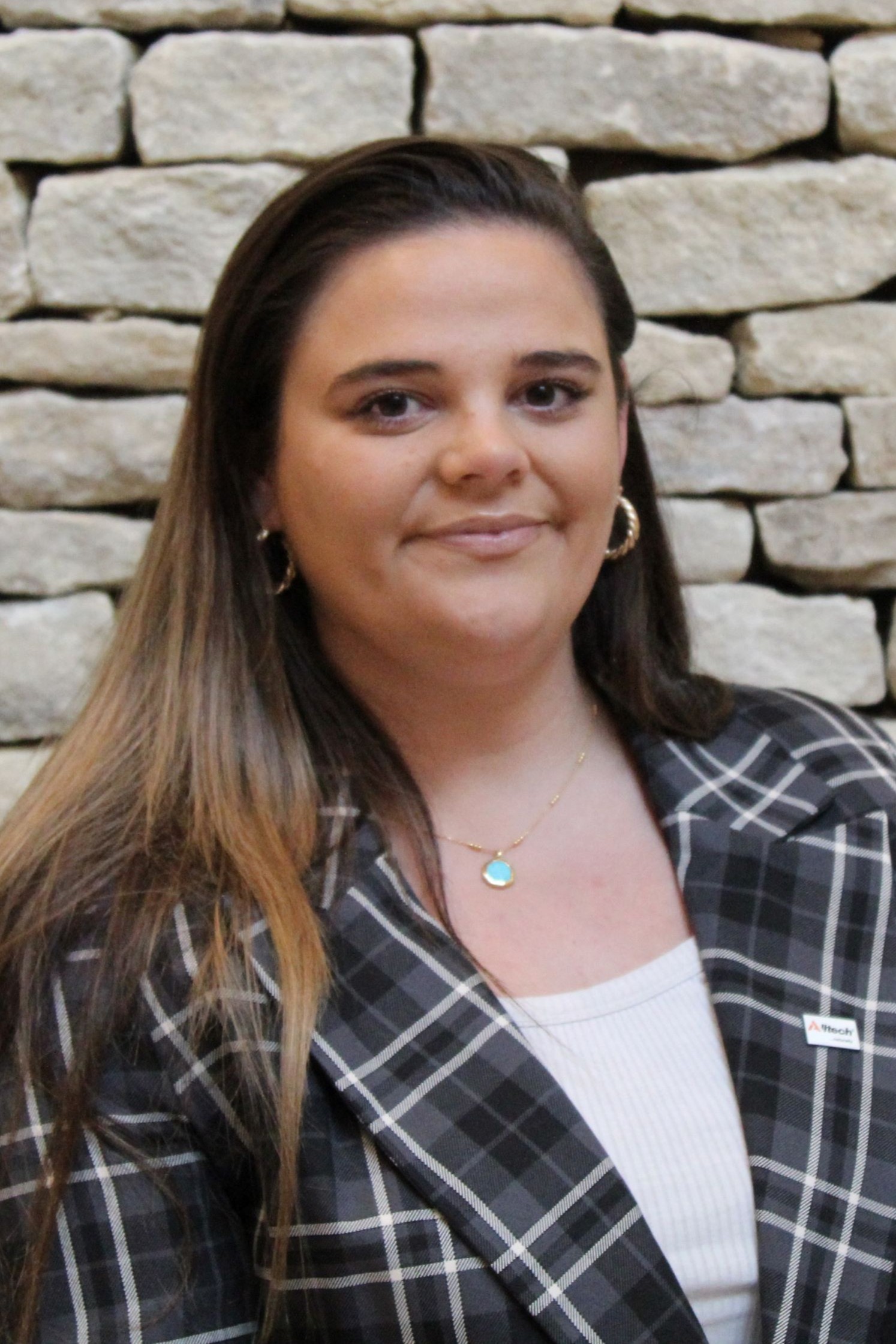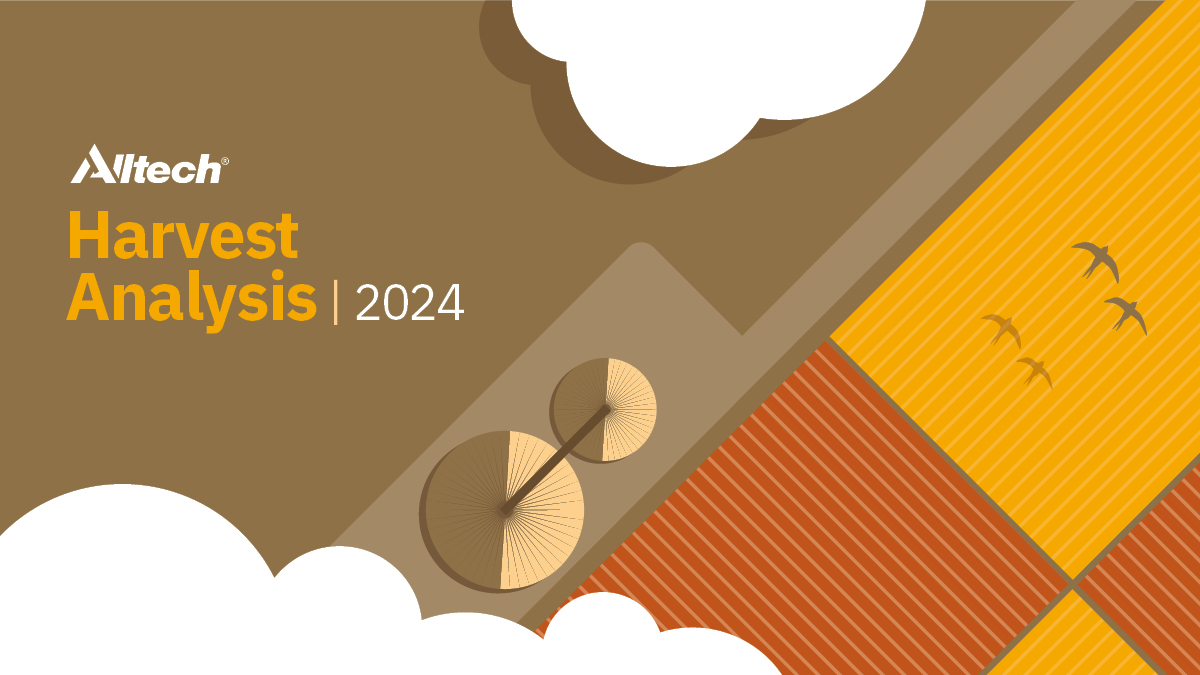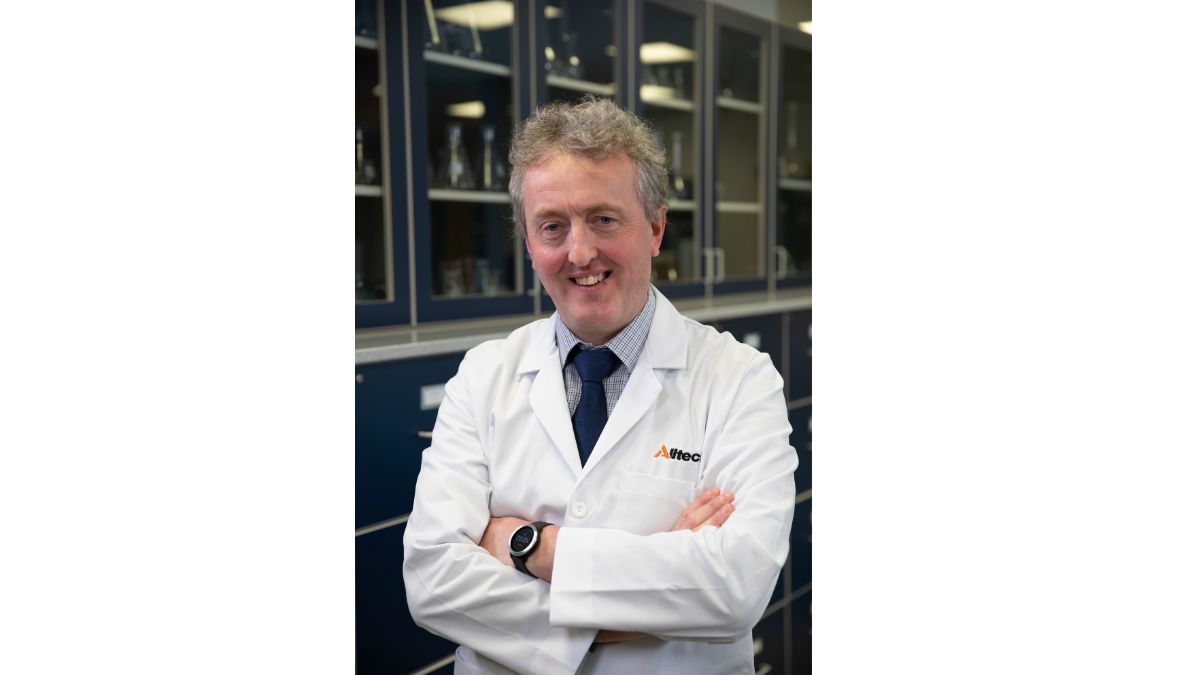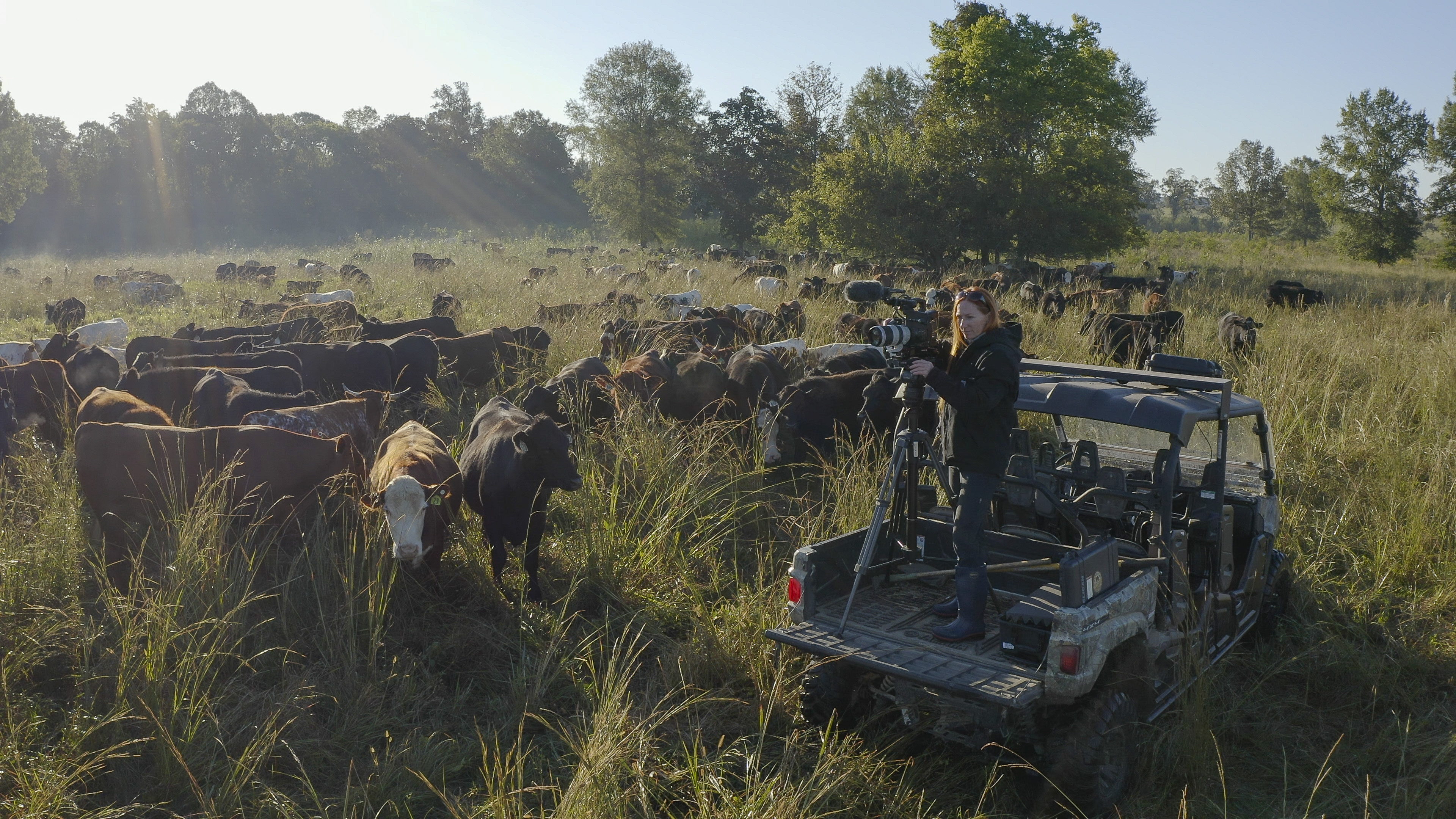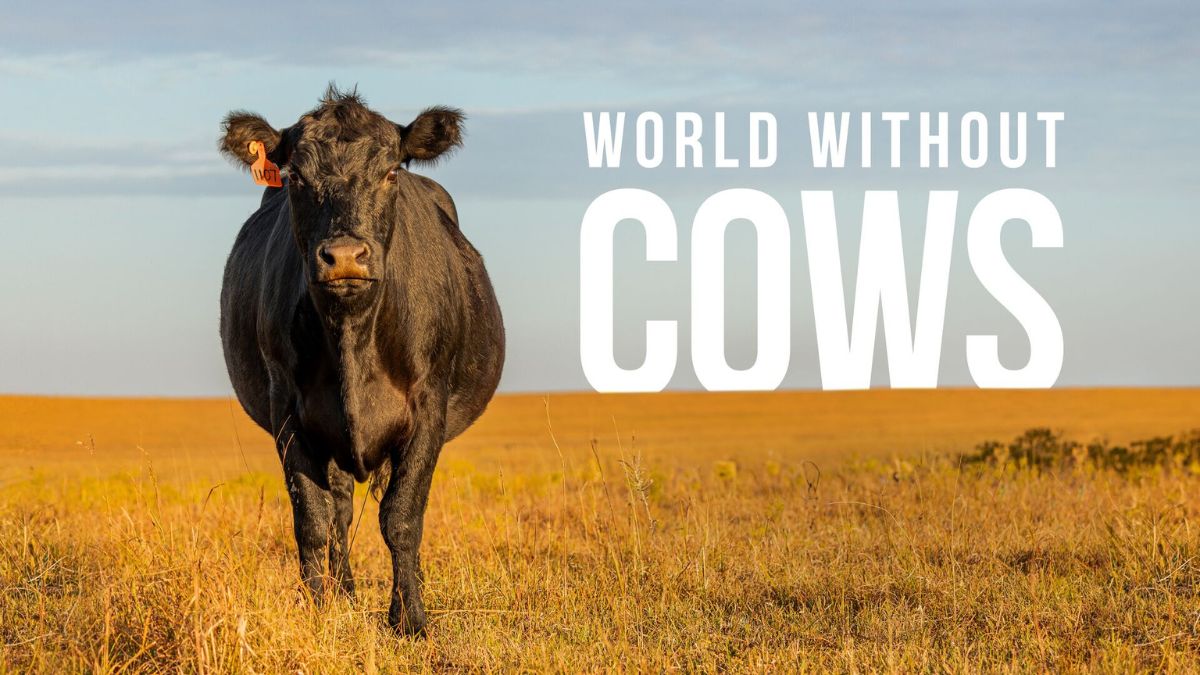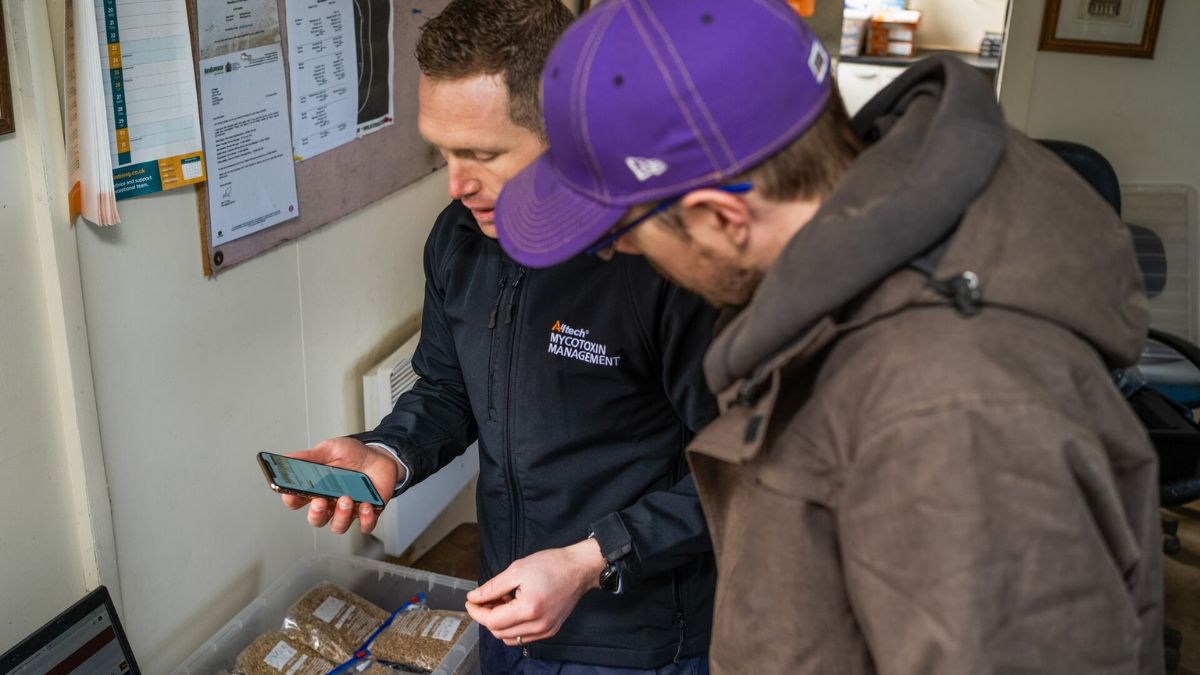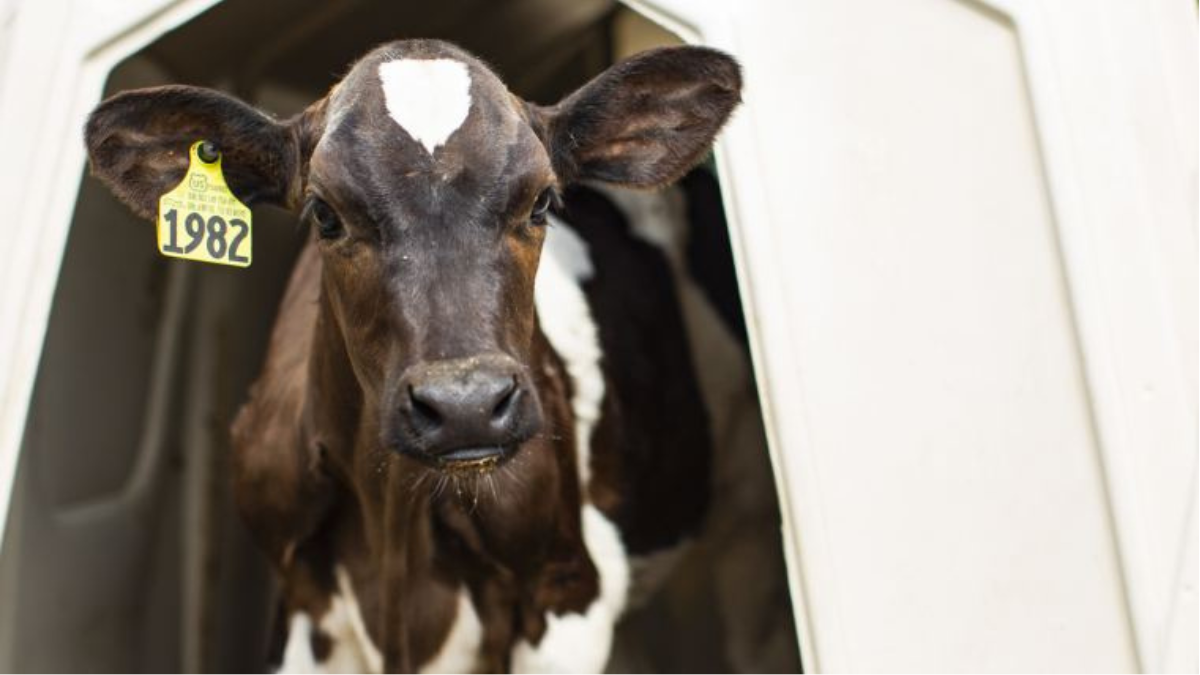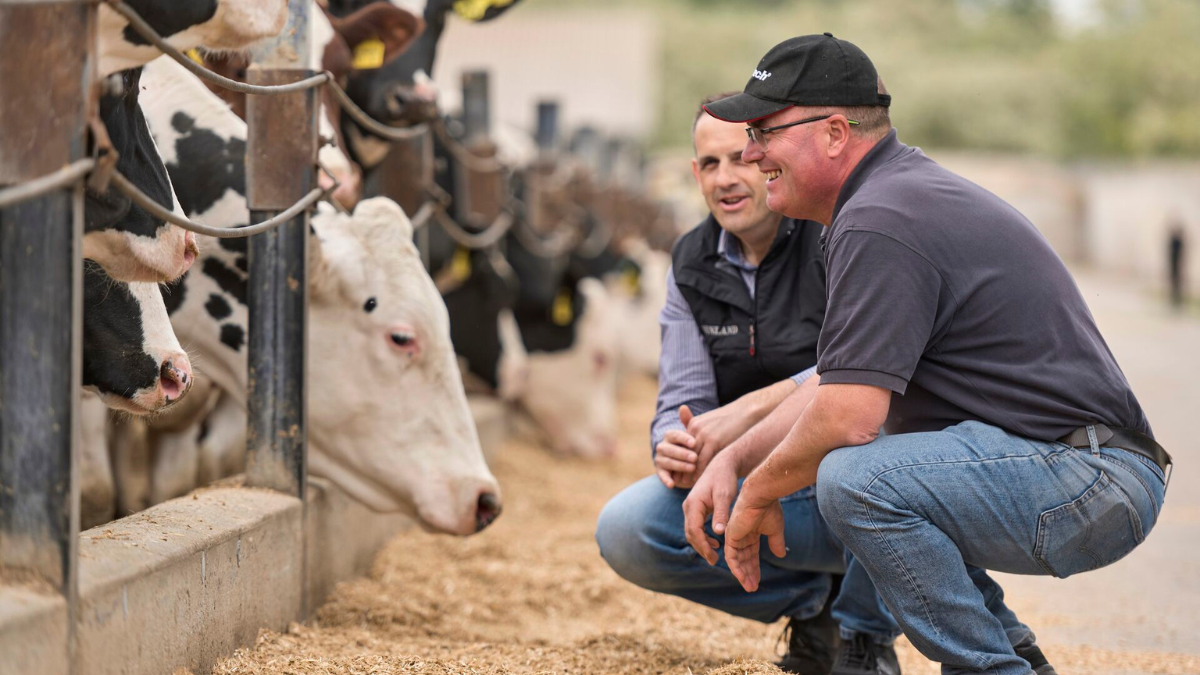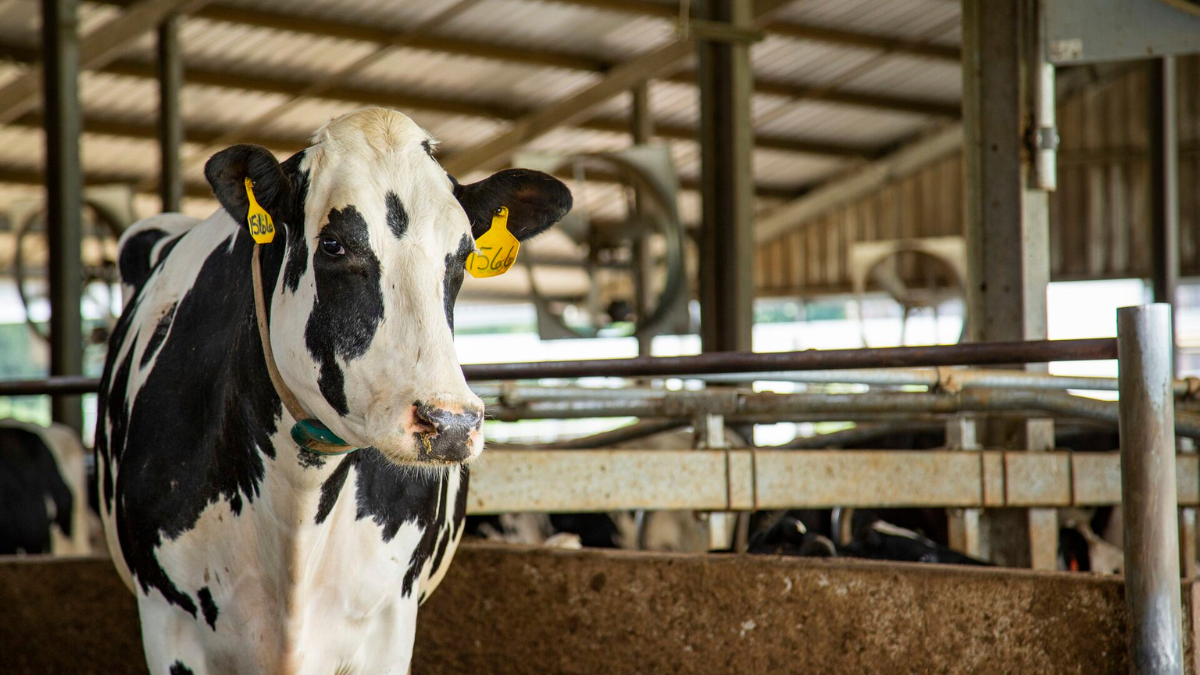Enhancing mycotoxin testing for livestock feed quality
Mycotoxins, harmful substances produced by molds and fungi, pose a significant challenge in agriculture. With more than 95% of crops testing positive for at least one mycotoxin, farmers and feed producers need reliable and efficient testing solutions to protect animal health and performance.
Recognizing this growing need, Alltech has expanded its mycotoxin testing program with an exciting new collaboration with Waters | VICAM, integrating the Vertu™ TOUCH reader into the Alltech RAPIREAD™ system.
A smarter approach to mycotoxin management
Alltech RAPIREAD, launched in 2020, provides rapid on-site mycotoxin testing and risk analysis. Previously, it worked in collaboration with Neogen® and its Raptor® testing device, allowing producers to test individual grains and forages. Now, with the addition of Waters | VICAM’s Vertu TOUCH, Alltech RAPIREAD expands its capabilities to include complete feed analysis, offering more comprehensive insights.
The Vertu TOUCH reader is a user-friendly, touch-screen device that delivers full-range quantitative results for six major mycotoxins, including:
- Aflatoxin
- Fumonisin
- Deoxynivalenol (DON)
- Zearalenone
- Ochratoxin A
- T2 and HT2 toxins
This enhanced system allows producers to quickly and accurately detect mycotoxins in a single sample within 10 minutes, providing valuable data for informed decision-making.
Why rapid mycotoxin testing matters
Mycotoxins are often invisible threats, difficult to detect until they have already impacted animal health. These toxins can lead to reduced feed efficiency, weakened immune systems, and lower overall performance in livestock. With Alltech RAPIREAD and the Vertu TOUCH integration, producers can now:
- Identify mycotoxin risks in real time at the feed mill or on the farm.
- Make data-driven decisions to protect feed quality and animal health.
- Reduce economic losses associated with contaminated feed and poor livestock performance.
A new era of mycotoxin testing
With decades of experience in mycotoxin risk management, Alltech continues to lead the way in providing innovative solutions. The collaboration with Waters | VICAM ensures that Alltech RAPIREAD remains at the forefront of mycotoxin testing technology, offering producers a convenient, accurate and efficient way to safeguard their feed and animals.
To learn more about Alltech’s mycotoxin management solutions and see the RAPIREAD system in action, visit knowmycotoxins.com.
About the author:

Tien Le presently serves as the editorial content manager for Alltech, a role that allows her to fulfill her passions for writing, innovation and sustainable agriculture. She earned her bachelor’s degree in advertising and marketing communications from the University of Greenwich, London, with the University Merit Award for Outstanding Achievement. Tien started her career at Alltech in 2016 as part of the Corporate Career Development Program, spending time in both the U.S. and Ireland before taking a role in Vietnam, her home country.
